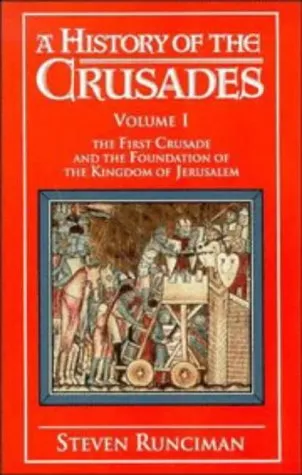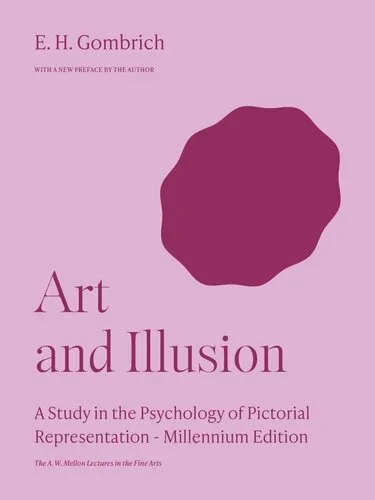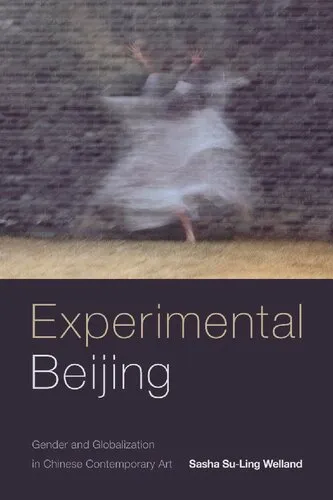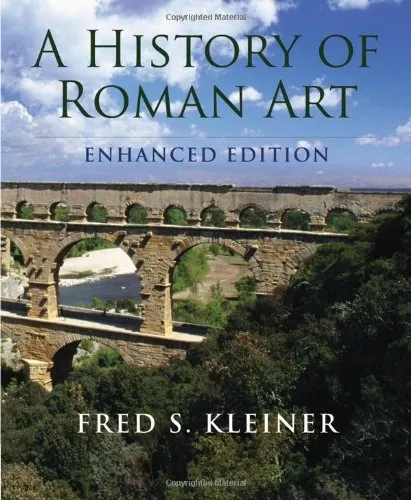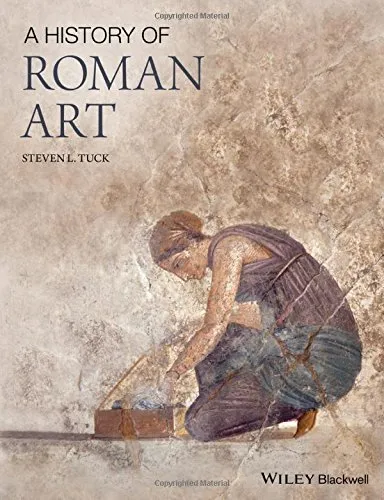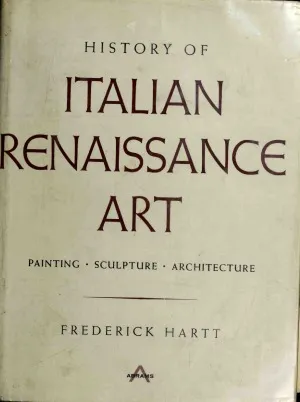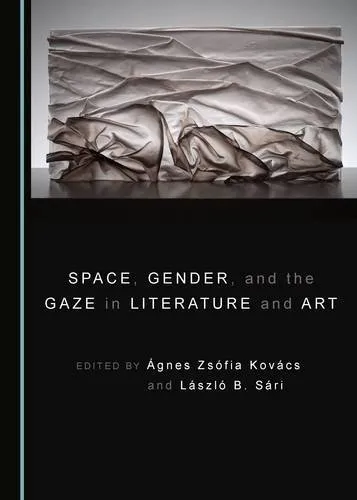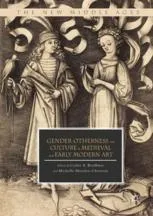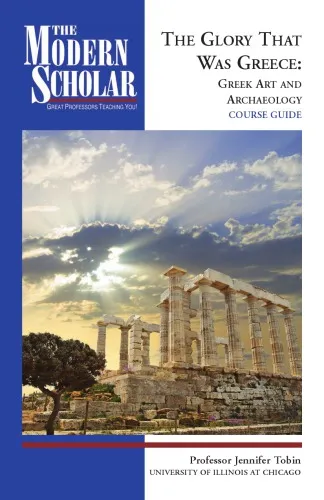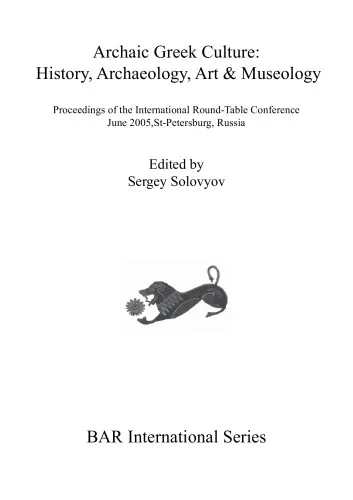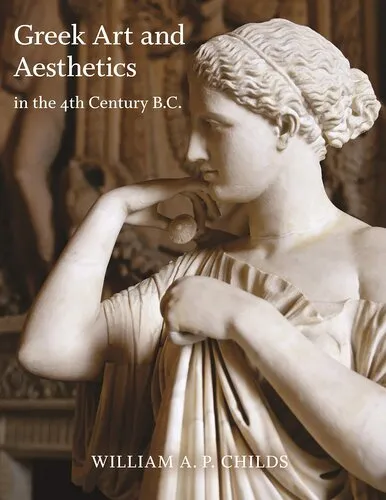A History of the Crusades, Volume IV: The Art and Architecture of the Crusader States
4.0
بر اساس نظر کاربران

شما میتونید سوالاتتون در باره کتاب رو از هوش مصنوعیش بعد از ورود بپرسید
هر دانلود یا پرسش از هوش مصنوعی 2 امتیاز لازم دارد، برای بدست آوردن امتیاز رایگان، به صفحه ی راهنمای امتیازات سر بزنید و یک سری کار ارزشمند انجام بدینکتاب های مرتبط:
مقدمهای بر کتاب "A History of the Crusades, Volume IV: The Art and Architecture of the Crusader States"
جلد چهارم از مجموعهی "تاریخ جنگهای صلیبی" به بررسی هنر و معماری دولتهای صلیبی پرداخته که در طول دورههای مختلف جنگهای صلیبی در سرزمین مقدس مستقر شده بودند. این کتاب به طور جامع نقش و تأثیر فرهنگهای متنوع بر هنر و معماری این دوره را تحلیل میکند و نشان میدهد چگونه روند تبادل فرهنگی و هنری بین شرق و غرب در این دوره تاریخی شکل گرفته است.
خلاصهای از کتاب
این جلد از کتاب به بررسی معماری آثار باقیمانده از دولتهای صلیبی میپردازد و نشان میدهد چگونه این معماری با تعاملات فرهنگی و هنری روزگار خود تکامل یافته است. با توجه به اینکه سرزمینهای صلیبی مرکزی برای ملاقات فرهنگهای متنوع بودند، کتاب به تحلیل عناصر مشترک و تأثیرگذار در معماری این دوره میپردازد. از کلیساها و قلعهها گرفته تا سبکهای هنری نقاشی و مجسمهسازی، همه به شکلی عمیق و دقیق مورد بررسی قرار گرفتهاند.
نکات کلیدی
- تحلیل نقش و تأثیر متقابل هنر و معماری اسلامی و مسیحی بر یکدیگر.
- بررسی سبکهای معمارانه قلعهها و تأثیر آنها در دفاع و سیاست.
- نقش دولتهای صلیبی در حفظ و انتقال تکنولوژیهای معماری و هنری.
- مطالعهی اثرات فرهنگی و هنری به سبب جنگهای صلیبی در اقتصاد و جامعه.
جملات معروف از کتاب
هنر و معماری، پلهای فرهنگی بودند که جهان شرق و غرب را به هم متصل کردند و در عین حال، جنگ صلیبی زمینهساز تبادلات فرهنگی بیسابقهای شد.
هر قلعه صلیبی، داستان ناگفتهای از پیوند هنر، سیاست و قدرت در سرزمینی پر از تنش و زیبایی است.
چرا این کتاب مهم است
این کتاب به عنوان یکی از جامعترین منابع در زمینهی هنر و معماری جنگهای صلیبی، به بررسی پیچیدگیها و زیباییهای دوران تاریخیای میپردازد که قلب فرهنگی شرق و غرب را به هم نزدیک کرد. با نگاهی دقیق به جزئیات معمارانه و هنری، کتاب فرصت بینظیری برای فهم بیشتر از تعاملات تمدنها در دورهای حیاتی از تاریخ بشریت فراهم میکند. هم برای محققان و هم علاقهمندان به تاریخ و هنر، این کتاب منبعی ضروری محسوب میشود.
Introduction to A History of the Crusades, Volume IV: The Art and Architecture of the Crusader States
"A History of the Crusades, Volume IV: The Art and Architecture of the Crusader States" offers a comprehensive analysis of the artistic and architectural achievements during the period of the Crusades. Authored by Kenneth M. Setton and Harry W. Hazard, this volume explores how the blend of cultures shaped a unique architectural and artistic legacy in the lands controlled by the Crusaders. Delving into profound details, this book becomes an essential academic resource for understanding the complex intercultural exchanges that fashioned the medieval landscape.
Detailed Summary of the Book
This indispensable volume delves into the art and architectural developments in the states established by Europeans in the Holy Land and surrounding regions during the Crusades. The book examines the influences of Byzantine, Islamic, and Western European styles that amalgamated to produce unique artistic expressions that characterized the Crusader states.
The narrative begins by tracing the initial architectural endeavors of the Crusaders, focusing on their fortifications, cathedrals, and monasteries. It highlights monumental works such as the Church of the Holy Sepulchre in Jerusalem and the expansive fortifications of Krak des Chevaliers. As the book progresses, it explores the social, political, and religious dynamics that influenced artistic outputs, shedding light on how cross-cultural interactions between East and West served as a canvas for innovative designs.
Moreover, "The Art and Architecture of the Crusader States" meticulously documents the evolution of regional styles, incorporating both archaeological findings and literary sources. It provides an analysis of how art was used not only for decorative purposes but also as a medium of propaganda, reflecting the power struggles and shifting alliances throughout the Crusader era.
Key Takeaways
- The blending of Western European, Byzantine, and Islamic artistic influences created a distinct style unique to the Crusader states.
- Crusader art and architecture were not solely religious but also deeply intertwined with political and military ambitions.
- The role of intercultural exchange in architectural development highlights the Crusades as a period of significant artistic innovation.
- The Crusader states served as vibrant cultural melting pots that facilitated the transfer of knowledge and artistic techniques.
Famous Quotes from the Book
As one delves into the pages of this book, key quotes emerge that encapsulate the essence of the time:
"The architecture of the Crusader states stands as a testament to the turbulent yet inventive era of the Middle Ages, weaving together the aesthetics of varied cultural domains."
"Amidst the clashing of swords, there arose a silent dialogue in stone and pigment, reflecting a synthesis of formidable artistic traditions."
Why This Book Matters
This volume is crucial for scholars of medieval history, art historians, and those interested in understanding the broader cultural impacts of the Crusades. It goes beyond the conventional military and religious narrative, providing insight into the Crusades as a period of artistic and cultural flourishing. By exploring how diverse influences came together to forge a distinct material culture, the book reveals a lesser-known facet of the Crusades that shaped their enduring legacy.
As an academic work, it lays the groundwork for further research and interpretation of the art and architecture of the medieval period, highlighting the importance of cultural exchange and adaptation. Its detailed exploration aids in grasping the socio-political complexities of the time, making "The Art and Architecture of the Crusader States" an invaluable reference for contextualizing the wider historical implications of the Crusades.
دانلود رایگان مستقیم
شما میتونید سوالاتتون در باره کتاب رو از هوش مصنوعیش بعد از ورود بپرسید
دسترسی به کتابها از طریق پلتفرمهای قانونی و کتابخانههای عمومی نه تنها از حقوق نویسندگان و ناشران حمایت میکند، بلکه به پایداری فرهنگ کتابخوانی نیز کمک میرساند. پیش از دانلود، لحظهای به بررسی این گزینهها فکر کنید.
این کتاب رو در پلتفرم های دیگه ببینید
WorldCat به شما کمک میکنه تا کتاب ها رو در کتابخانه های سراسر دنیا پیدا کنید
امتیازها، نظرات تخصصی و صحبت ها درباره کتاب را در Goodreads ببینید
کتابهای کمیاب یا دست دوم را در AbeBooks پیدا کنید و بخرید
1381
بازدید4.0
امتیاز0
نظر98%
رضایتنظرات:
4.0
بر اساس 0 نظر کاربران
Questions & Answers
Ask questions about this book or help others by answering
No questions yet. Be the first to ask!
